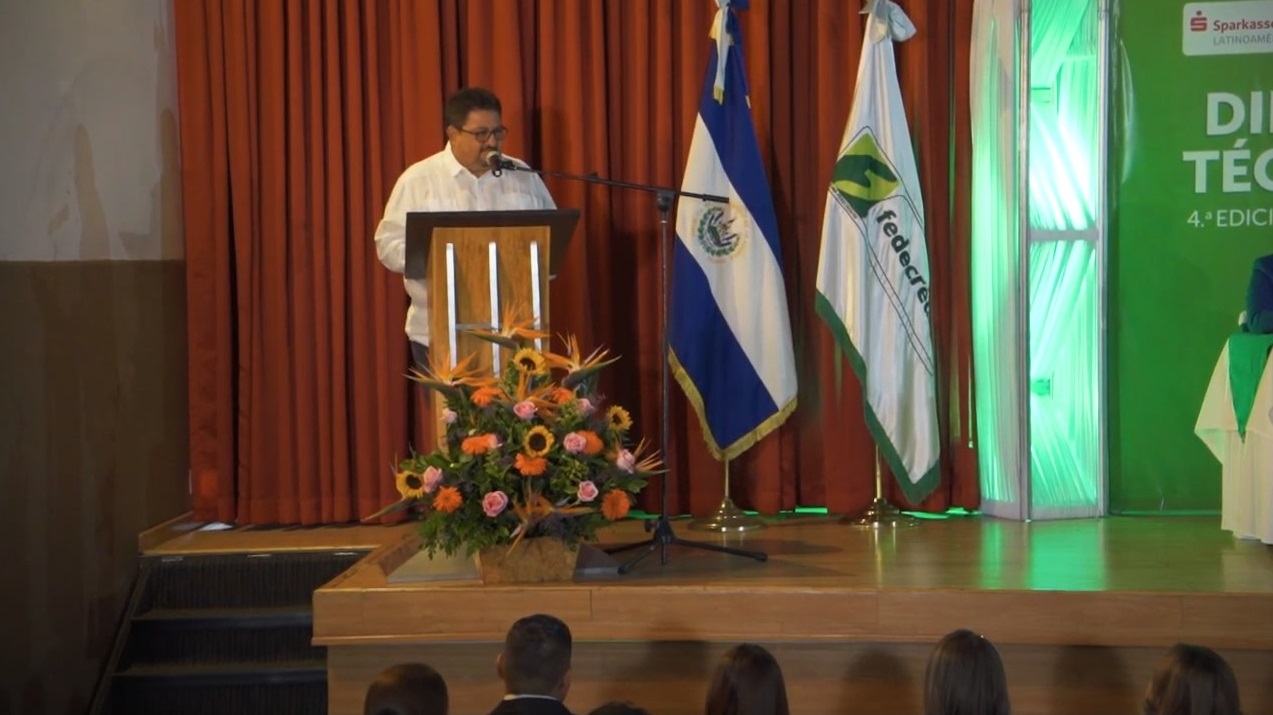In addition, the president of the CD presented to the Financial Commission a proposal of reforms to the Law against Usury that seeks to protect the users of financial products and services.

He also said that the reforms aim to respond to the current and future needs of consumers in order to face the evolution of the financial market and the practices that the Defensoría del Consumidor has detected in creditors granting loans, regulated by the Law Against Usury.

He said that the reforms will broaden the protection of users in the new segments of credit, with and without charge on account. Credit card operators will be obliged to inform the Banco Central de Reserva (BCR) of the changes they make in credits other than revolving credits (extra-financing, zero-rate credits and term sales).

"We would like to place the revision of the maximum rate, in the sense of moving from an exponential methodology to a simple calculation methodology, to annualize the effective interest rate", expressed the President of the DC.
"As Defensoría we have supported the proposal to reform six articles of the regulation: four are existing articles and two with new provisions", DC's Procurement Manager, Douglas Yánez.
He also proposed to the Commission to add infractions and sanctions in the Law Against Usury, such as not having updated information regarding its registration, according to Article 7 of the technical regulation, not having credit segmentation policies, granting loans without being duly registered in the BCR, charging an interest rate higher than the maximum legal rate allowed.
"The law we currently have dates back to 2013; at that time, the reality of the country was different and the political vision as well. What we seek with the reforms is to generate financial inclusion and eliminate abusive practices against the people", expressed the deputy of Nuevas Ideas, Caleb Navarro.
 English
English  Español
Español 
